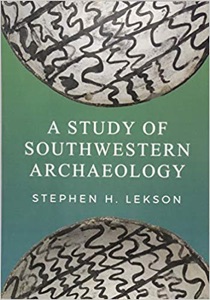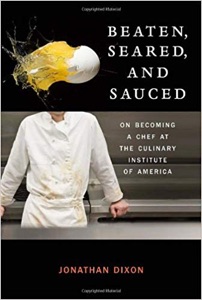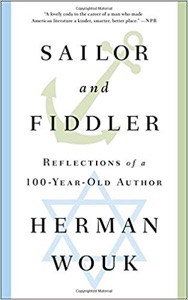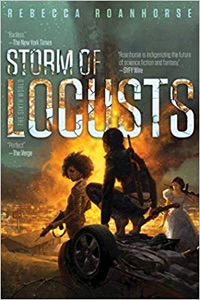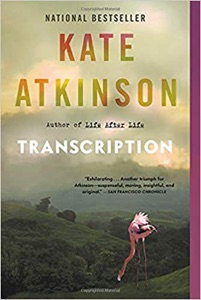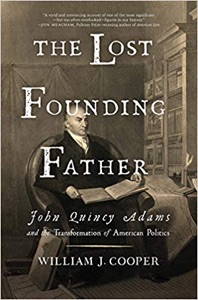(Cross-posted from the Malden Democratic City Committee page on Facebook)
Alicia Garza asks what I want the Malden Democratic City Committee (MDCC), of which I am indeed a member, to do on the subject about which I so often write on its Facebook page— the rights of immigrants.
My usual answer is: “Do Something!” Here are 20 concrete steps, off the top of my head.
1. Support only those candidates who promise real and concrete assistance to migrants. (My motion on this topic was reported out of the Issues Committee with its endorsement, and currently lies upon the table.)
2. Formally reprove and widely publicize the crimes of the invidious Trump administration.
3. Send letters of remonstrance to the other Democratic City and Town Committees of the Commonwealth, and urge them to do likewise.
4. Formally urge our representatives to support measures that protect migrants, such as the Safe Communities Act.
5.Our treasury is small, but the need is great. We could make a modest donation to the ACLU.
6. Or, we could break our piggy bank, such as it is, and send (say) 90% of our treasury to RAICES. We can rebuild our reserves; we cannot repair the damage of family separation and mass deportation.
7. Send MDCC members to seminars, activist training, and protest rallies in support of the rights of immigrants.
8. Send MDCC members to the Texas and New Mexico border to support efforts to provide legal and material aid to migrants and to resist Trump’s wall. The Florence Project, the Texas Civil Rights Project, and ProBAR might like a hand or two.
9. Invite leaders to inform the MDCC on migrant rights and policy. Have a symposium. (I think we’ve had enough candidates for Lieutenant Governor and high school civics lectures on “how a bill becomes law” for the moment, don’t you?)
10. The American Friends Service Committee’s Sanctuary Everywhere initiative highlights the value of ensuring openness and inclusiveness everywhere — in schools, in government, and in the streets. MDCC could (and should) oppose racist dress and disciplinary policies in Malden schools, and should highlight racist and anti-Semitic acts from vandalism to social media.
11. Support courageous officials like Newton District Court judge Shelley Joseph, who is being prosecuted by the Trump administration for “obstruction of justice” in declining to turn an unjustly-detained person over to ICE. Show them — and their peers — that they have our protection and assistance today, and will have our gratitude tomorrow.
12. Demonstrate to those officials who would prevaricate or collaborate that there will be a price to be paid, and that we intend neither to forget nor forgive.
13. Purchase good books and journals for the benefit of interested members and our government officials. We should know more about Vichy, for example, than we do. Have we all read Hitler’s Willing Executioners? Our Towns?
14. We hold MDCC meetings in a private drinking club that discriminates against Blacks, Asians, and Jews. This arrangement is convenient, but it is not Welcoming.
15. Times being what they are, the back of the police station is out.
16. Celebrating St. Patrick as one of our two annual events looks backward. Let’s have a breakfast to honor Levi Strauss (Feb 28) or Madeline Albright (May 15) or Joseph Pulitzer (April 10). Frances Perkins (April 10, too!) would work for me. Or Sholem Aleichem (Feb 18/March 2)
17. We should denounce in the strongest terms the increasing tendency of some Malden right-wingers to catechize or ridicule the religious beliefs of their opponents.
18. We should also denounce dog-whistle appeals that call for a return of “old Malden”, a time when Malden was less crowded (it wasn’t) and more thoroughly segregated (it was).
19. We’re about to elect a new MDCC — there are 43 weeks before the March 3 election. What steps are we taking now to elect younger, more diverse, and more representative members? And to ensure that, once elected, they will be able to do something?
20. A clean, well-lighted place — warm and safe — should always be available to people in Malden who need it. The Malden Warming Center was a start, but this should be a public undertaking, not a Christian charity. It should be a right, not a favor or a privilege, and all should be welcome to share it.
Again, this is just a start, and it’s completely off the cuff. I'm sure many better proposals could be added. You could do better. Please do.
In fact, that’s what I’m asking this Committee to do. Do better. Do more. The times demand it.
